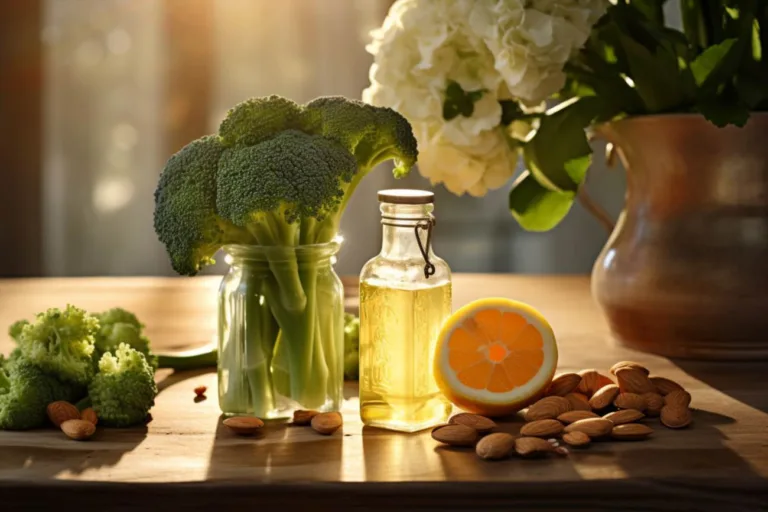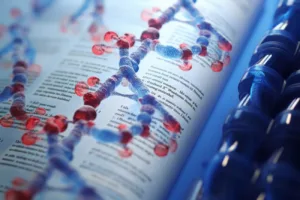Welcome to our comprehensive guide on Vitamin B7, also known as Biotin. In this article, we will explore the importance of this essential nutrient for your overall health and well-being. From its role in metabolism to its impact on skin and hair health, Vitamin B7 plays a vital role in various bodily functions.
Understanding vitamin b7
Vitamin B7, or Biotin, is a water-soluble B-vitamin that is crucial for converting nutrients into energy within the body. It also plays a key role in maintaining healthy skin, hair, and nails. This vitamin is a cofactor for several enzymes involved in breaking down fats, carbohydrates, and proteins, making it essential for metabolic processes.
Metabolic support
Vitamin B7 is essential for the metabolism of macronutrients. It aids in the breakdown of carbohydrates, fats, and proteins, ensuring that the body can efficiently utilize these nutrients for energy production. Biotin helps activate enzymes that are involved in these processes, contributing to overall metabolic health.
Skin and hair health
Biotin is often referred to as the „beauty vitamin“ due to its positive effects on skin and hair. It plays a role in maintaining the health of skin cells and may help with conditions like dermatitis. Additionally, Biotin promotes healthy hair growth and can improve the strength and appearance of nails.
Food sources of biotin
You can obtain Vitamin B7 from a variety of foods. Some excellent sources include eggs, nuts, seeds, dairy products, sweet potatoes, and certain vegetables like spinach and cauliflower. Including these foods in your diet can help ensure that you’re getting an adequate intake of Biotin.
Who Needs Biotin Supplements?
While Biotin deficiency is rare, certain individuals might benefit from supplements. People with conditions that affect nutrient absorption in the digestive tract, as well as pregnant or breastfeeding women, might require extra Biotin. However, it’s important to consult with a healthcare professional before starting any supplementation.
Frequently Asked Questions (FAQs)
Q: Can Biotin improve hair loss?
A: Biotin deficiency can lead to hair loss, and in such cases, supplementing with Biotin might help promote hair growth. However, results vary from person to person, and addressing underlying causes of hair loss is essential.
Q: Is Biotin only beneficial for appearance?
A: While Biotin is known for its positive effects on skin, hair, and nails, its role extends beyond appearance. It plays a crucial role in metabolic processes, aiding in the conversion of nutrients into energy.
Q: Can I get enough Biotin from my diet alone?
A: Yes, a balanced diet that includes foods rich in Biotin can provide you with an adequate intake of this vitamin. However, individuals with specific health conditions or dietary restrictions might consider supplements under medical guidance.
Q: Are there any risks associated with excessive Biotin intake?
A: Biotin is water-soluble, which means excess amounts are usually excreted in urine. However, extremely high doses of Biotin supplements can lead to potential side effects. It’s best to stick to recommended daily allowances.
Q: How does Biotin affect metabolism?
A: Biotin is a coenzyme for enzymes involved in metabolic processes. It helps convert carbohydrates, fats, and proteins into energy that the body can use for various functions.
In conclusion, Vitamin B7, or Biotin, is a vital nutrient with far-reaching benefits. From supporting metabolism to enhancing skin and hair health, Biotin plays a multifaceted role in promoting overall wellness. Remember, a well-balanced diet rich in Biotin-containing foods is key to reaping its rewards.
Viz také:






